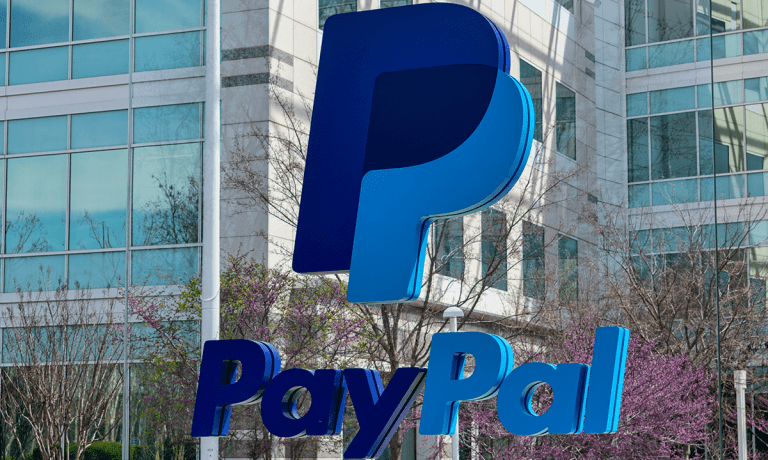
Today in the connected economy, PayPal, the Visa Foundation, the Global Impact Investing Network (GIIN) and the Telus Pollinator Fund for Good team for an impact investing initiative.
Also, embedded banking company ClearBank integrates with one-stop payment platform Fond and PYMNTS looks at the growth in demand for connected vehicles through the lens of chip designer Qualcomm.
PayPal Partners With GIIN, Telus, Visa on Impact Investing Project
PayPal has joined the Global Impact Investing Network (GIIN), the Telus Pollinator Fund for Good and the Visa Foundation for a program that combines corporations’ money and know-how with impact investing practices.
By connecting business leaders with tools and resources, the corporate impact investing initiative wants to help companies deliver on environmental and social commitments and has invited other companies to take part.
“Leveraging corporate treasury for impact investing is a strategic way for corporations to align shareholder and community interests,” said Gabrielle Rabinovitch, PayPal acting chief financial officer and SVP, capital markets, investor relations and treasurer.
Fondy Integrates With ClearBank to Provide eCommerce Merchants Faster Payments
Embedded banking and real-time clearing company ClearBank is integrating with one-stop payment platform Fondy to give eCommerce marketplaces a seamless solution to manage their money flow.
The integration between the two British companies gives merchants a payment solution that offers payments acceptance, virtual IBAN account access, payouts to third parties, and the GBP payments network, including faster payments, CHAPS and Bacs.
“Together with ClearBank, we are stronger and in a better position to instill real, positive change in the way businesses process payments,” said Fondy Founder and CEO Valeria Vahorovska. “This partnership will allow us to take further steps toward integrating a multicurrency solution to our merchants.”
Demand for Chips, Partnerships Surge as Cars Become Ultimate Mobile Payments Device
The connected economy has hit the road, turning vehicles into mobile commerce endpoints.
At the center of it all sits the technology to support that transformation — along with partnerships between FIs, providers and OEMs in the bid to disrupt everything from parking to gassing up.
Among the companies in play here is U.S. chip designer Qualcomm, which says its automotive business “pipeline” rose to $30 billion, up more than $10 billion since releasing its third-quarter results in late July.